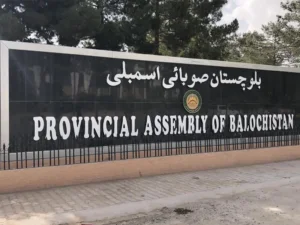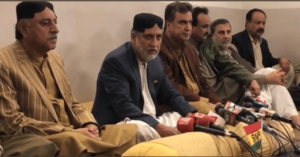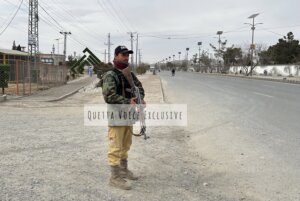Monitoring Desk:
KABUL: Deputy Prime Minister and Foreign Minister Ishaq Dar said on Saturday that Pakistan and Afghanistan have agreed not to allow their territories to be used for hostile activities against each other. He emphasized that both nations are committed to taking swift action against any such elements.
Dar made the remarks during a one-day visit to Kabul aimed at improving strained ties and discussing key security matters, particularly Pakistan’s concerns over cross-border terrorism.
The visit marked a significant step forward following the latest meeting of the Pakistan-Afghanistan Joint Coordination Committee, where Islamabad’s delegation was led by Ambassador Sadiq Khan, Pakistan’s special envoy for Afghanistan.
Speaking at a joint press conference after high-level talks with Afghan officials, Dar highlighted the importance of mutual cooperation and regional peace. “We have conveyed to our Afghan counterparts that peace and development can only be achieved if we work together. Neither side should allow its soil to be misused for activities against the other,” he stated.
He added that both governments share a responsibility to curb the operations of malicious actors and are committed to maintaining open communication channels to address any future concerns.
The two sides also agreed to continue dialogue in a constructive atmosphere to resolve bilateral issues and strengthen diplomatic ties.
This latest development signals a possible thaw in relations between the neighboring countries, which have faced recurring tensions over security and border concerns.






